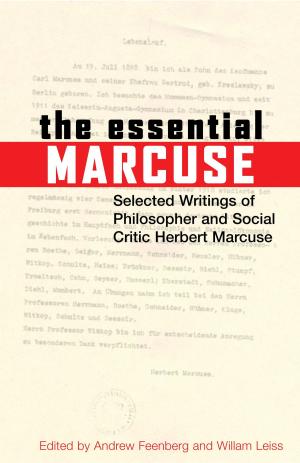Prescription for a Healthy Nation
A New Approach to Improving Our Lives by Fixing Our Everyday World
Nonfiction, Health & Well Being, Medical, Patient Care, Health Care Delivery, Reference, Public Health, Health, Healthy Living| Author: | Deb Cohen, Tom Farley, M.D. | ISBN: | 9780807097243 |
| Publisher: | Beacon Press | Publication: | May 1, 2005 |
| Imprint: | Beacon Press | Language: | English |
| Author: | Deb Cohen, Tom Farley, M.D. |
| ISBN: | 9780807097243 |
| Publisher: | Beacon Press |
| Publication: | May 1, 2005 |
| Imprint: | Beacon Press |
| Language: | English |
America spends more than twice as much for health care as any other nation. So why are Americans among the sickest people in the industrialized world?
Public health experts Tom Farley and Deborah A. Cohen show that the answer does not lie in our medical care system but rather in the world around us. As they explain, the leading killers of our time fall almost entirely into two categories: injuries and chronic diseases such as heart disease, lung and breast cancer, diabetes, and stroke. For all its inspiring, high-tech cures, modern medicine is just not very effective at combating these illnesses. Our health, as Farley and Cohen explain, depends much less on medicine than on how we lead our lives. And as their surprising and illuminating examples show, our behavior and our health are in fact shaped by our everyday world-from the design of our cities to the rules that govern our organizations.
Obesity, for example, has emerged as a major health threat because our environment makes it difficult to be physically active and because prepared high-calorie foods-from chips and candy bars to fast food and "food on the go"-saturate our surroundings. Though we'd like to believe that we could stay slim through individual self-discipline, our everyday world overwhelms our resolve. In similar ways, the world around us influences whether we live our lives in ways that increase or decrease our chances of dying from killers as wide-ranging as cancer and car crashes.
In the last part of the book, Farley and Cohen remind us of once-controversial changes to our physical environment that have saved tens of thousands of lives and outline many other ways in which we can change our daily environment so we can all live longer and healthier.
Prescription for a Healthy Nation is at once an exposé of how various industries influence our health for the worse, a paradigm-shifting argument about health and disease, and a positive blueprint for how to create a healthier society.
America spends more than twice as much for health care as any other nation. So why are Americans among the sickest people in the industrialized world?
Public health experts Tom Farley and Deborah A. Cohen show that the answer does not lie in our medical care system but rather in the world around us. As they explain, the leading killers of our time fall almost entirely into two categories: injuries and chronic diseases such as heart disease, lung and breast cancer, diabetes, and stroke. For all its inspiring, high-tech cures, modern medicine is just not very effective at combating these illnesses. Our health, as Farley and Cohen explain, depends much less on medicine than on how we lead our lives. And as their surprising and illuminating examples show, our behavior and our health are in fact shaped by our everyday world-from the design of our cities to the rules that govern our organizations.
Obesity, for example, has emerged as a major health threat because our environment makes it difficult to be physically active and because prepared high-calorie foods-from chips and candy bars to fast food and "food on the go"-saturate our surroundings. Though we'd like to believe that we could stay slim through individual self-discipline, our everyday world overwhelms our resolve. In similar ways, the world around us influences whether we live our lives in ways that increase or decrease our chances of dying from killers as wide-ranging as cancer and car crashes.
In the last part of the book, Farley and Cohen remind us of once-controversial changes to our physical environment that have saved tens of thousands of lives and outline many other ways in which we can change our daily environment so we can all live longer and healthier.
Prescription for a Healthy Nation is at once an exposé of how various industries influence our health for the worse, a paradigm-shifting argument about health and disease, and a positive blueprint for how to create a healthier society.
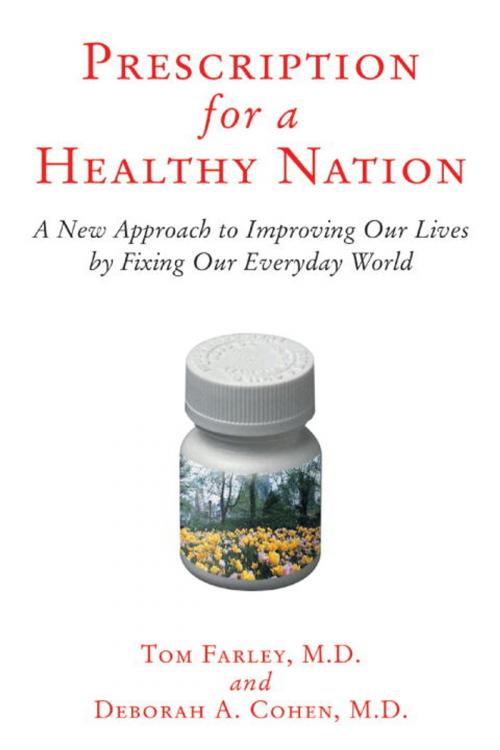
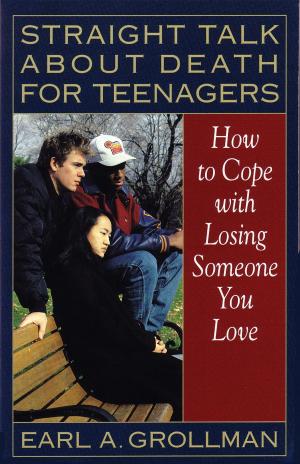

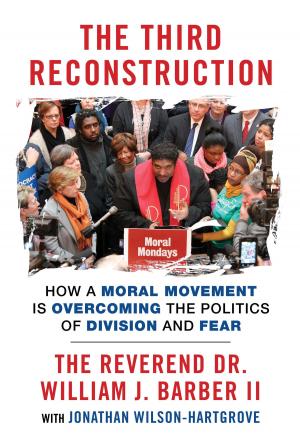

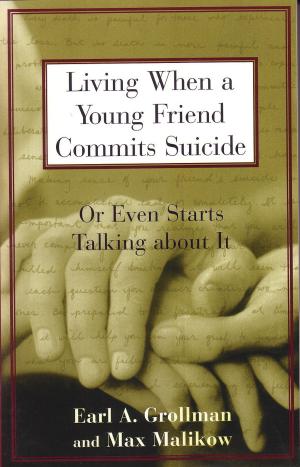



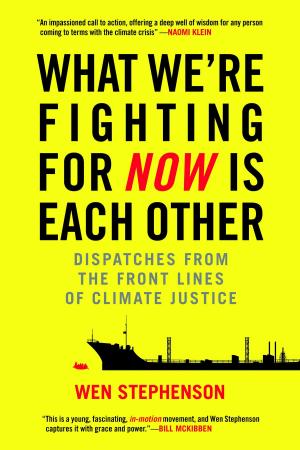



![Cover of the book Beaver At His Parents' [Episode 2] by Deb Cohen, Tom Farley, M.D.](https://www.kuoky.com/images/2016/january/300x300/1230000869942-SUcQ_300x.jpg)

